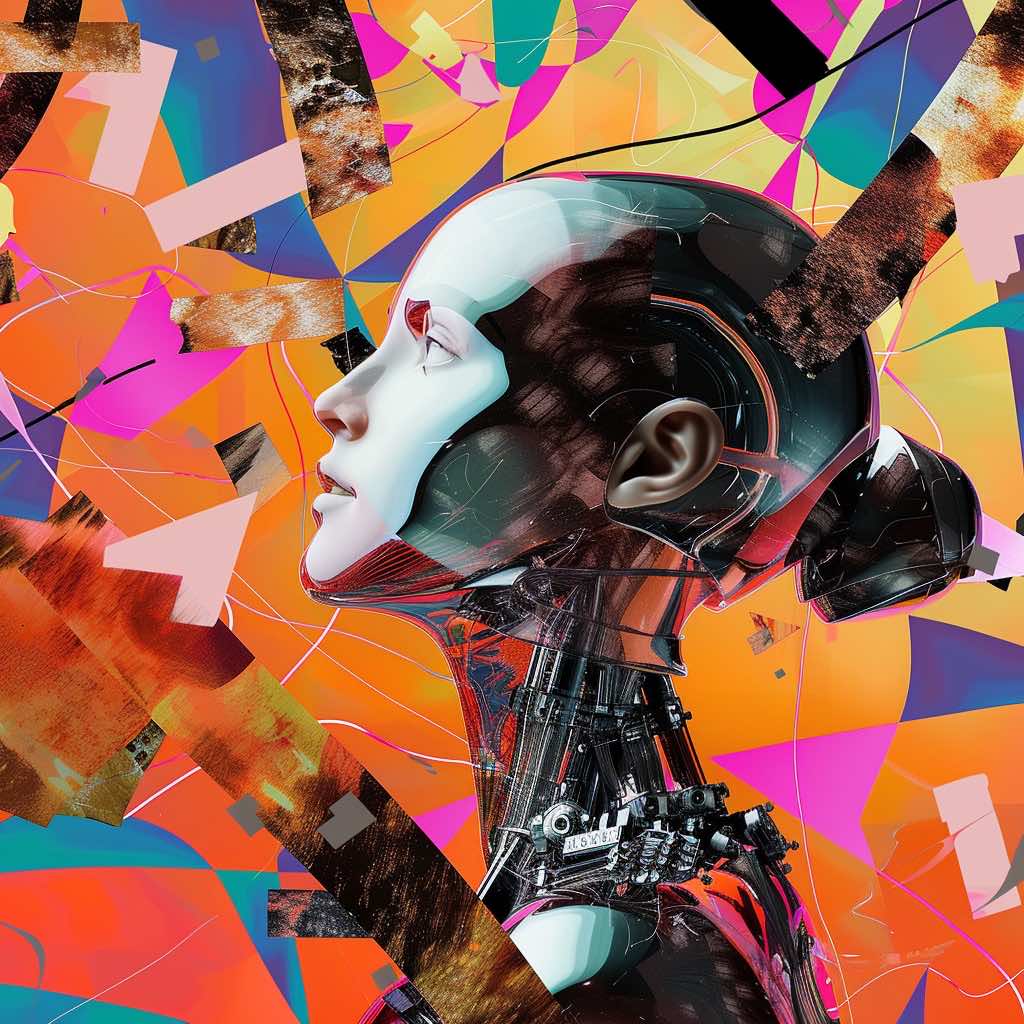
In November 2022, now-renowned AI chatbot, ChatGPT, was launched. Since then, millions of people have used its services, commissioning essays, exam answers, lesson plans, poems and more. With just a few words as a prompt, ChatGPT can produce long form, polished answers to any question you can think of.
The increase and upgrade of AI tools has caused an understandable anxiety in many people. Recently, Goldman Sachs cemented these worries when they issued a report that stated AI could eventually replace three hundred million full-time jobs. This is a large statistic that induces concern in many. However, AI is not just threatening to take jobs, it is actually also being used to procure them.
So how is AI, and specifically ChatGPT, changing the world of recruitment?
Candidates now have the ability to input their specific information and ChatGPT will write cover letters and even full CVs. This renders the quality of applications moot (whether AI generated or not); anyone can have a polished, well-written CV thanks to ChatGPT. Adam Nicoll (a UK based recruiter) says that recruiters now seldom use traditional methods of evaluating applicants. He states that “at best the cover letter is a box-ticking exercise that accompanies the CV- it’s virtually obsolete.” It has become more common for employers to view candidates’ social media to ascertain whether they are the right personality fit for a business. The focus is on culture fit and soft skills rather than the quality of a written personal (or not so personal!) statement.
However, do not fear, AI cannot replace human abilities in certain areas. For example:
AI can learn bias and miss suitable candidates when sourcing. It may overlook a perfectly good applicant due to previously learned filters. As it does not have the ability to think freely, applications that may be a good fit might be ruled out due to lack of a certain key word.
Humans are crucial in providing interaction (especially face-to-face) with candidates. A human connection is required to conduct a profitable interview stage in which personality and culture fit is really assessed. An AI cannot state for certain whether an employer and employee will get along, a face-to-face meeting is required to ensure this. Recruiters are much better suited at filtering potential candidates.
ReQuire provide a service that AI cannot; we realise that words on a CV don’t make a person, as Dr Vince Miller states, “if anyone can artificially enhance their pitching email to a hiring manager, then it becomes redundant.” Culture fit is crucial to continued success in your business and AI tools are not able to take this into consideration. The way we carefully handpick candidates by spending time understanding your company and needs is an art form, not a black and white process. Our conversations with businesses, evaluating the potential fit of a candidate, often lead to interview offers.
Stefanie Coleman from Ernst & Young says that "Humans will always have a role to play in business by performing the important work that robots cannot. This kind of work typically requires innate human qualities, such as relationship building, creativity and emotional intelligence.” Though there are fears embedded within the discussions about AI and the future, Coleman goes on to say that “recognising the unique value of humans in the workforce, when compared to machines, is an important step in navigating the fears that surround this topic."
AI is an incredible advance in technology and certainly provides incredible newness to our society- without it we would definitely never have seen the Pope in a white Balenciaga-style puffer jacket! However, the vast expanse of uses is already having an impact on the jobs market. Do you think AI is the future of the workforce? Will human connection forever be unmatched? Or will we join forces with technology and help better each other?

